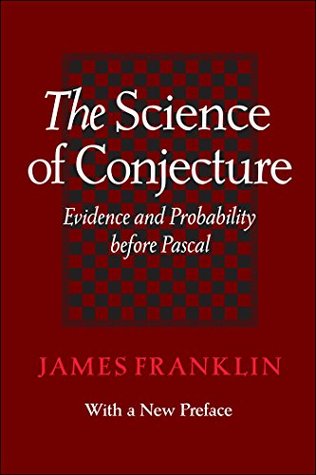As Leibniz does later, he regards the flaw in Aristotle as his dealing only in strictly universal propositions. His logic is thus inapplicable to matters of fact in law and ethics, in which universal propositions, like “All men tell the truth,” or “Caramuel never hallucinates,” are not to be had. So he proposes a logic with more quantifiers that treats such propositions as morally universal, or most vehement: for example, “Almost all mothers love their sons”; and ones of usual force: “Around half of mothers love their sons.”
Welcome back. Just a moment while we sign you in to your Goodreads account.


